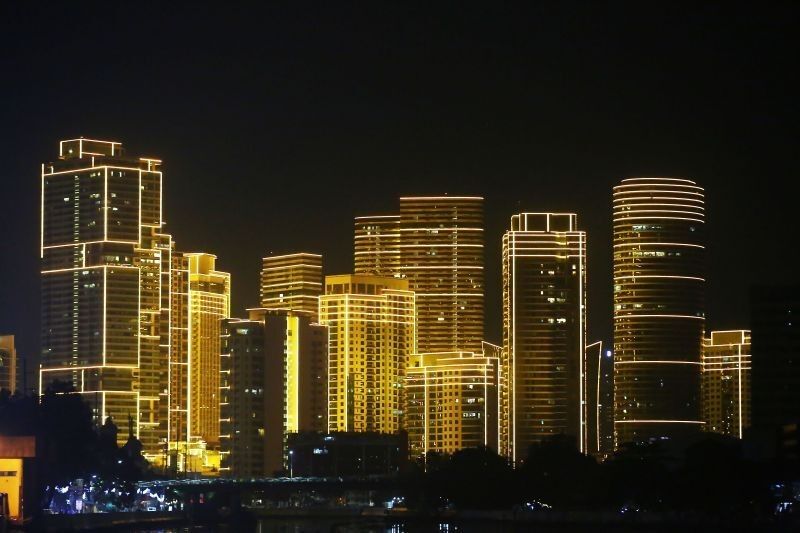Businesses want new president to mend strained public-private ties

MANILA, Philippines — After the election dust settles and a new president is elected, corporate bigwigs believe that the new administration should not pass up help from the private sector and instead improve dialogue between the two.
For Cosette Canilao, president and chief executive officer at Aboitiz InfraCapital, the new government must realize “that you can't shun the private sector”. She was speaking at the virtual launch of PwC's report on the 2021 Global CEO survey on Wednesday.
In the Asia Pacific region, 76% of CEOs surveyed by PwC last year said they were optimistic on the prospects of global economic recovery within this year. In the Philippines, business leaders are hoping for better ties with the new administration.
"We need to have that constant dialogue. There should be a bit more trust between the public and private sector. I hope that’s revived in the next administration," said Canilao.
Before her tenure as CEO of Aboitiz's infrastructure arm, Canilao helmed the Public-Private Partnership Center of the Philippines during the entire span of the Aquino Administration. The center was able to launch several infrastructure projects, undertaken in contractual agreements with private firms, such as the Muntinlupa-Cavite Expressway, 9,296 classrooms and the Automatic Fare Collection System currently used by train lines all over Metro Manila.
By the time the Aquino administration ended, there were 45 projects slated to be completed in President Rodrigo Duterte's term of office.
But the current administration decided to go a different route. Duterte’s “Build, Build, Build” infrastructure agenda initially saw projects mostly funded by official development assistance (ODA) or taxpayers’ money and transferred only to private firms for operations — like the Clark Airport. That changed only in late 2019, when it became apparent that the government’s reliance on ODA slowed down the building process.
At the same time, Duterte himself also vowed to dismantle “oligarchs” that maintain public services and utilities around the country — a move that, experts said, could have undermined investor confidence in the country. For one, he attacked the telco duopoly PLDT Inc. and Globe Telecom Inc., as well as water providers Manila Water Company Inc. and Maynilad Water Services Inc.
There was also the denial of a 25-year franchise to the Lopez family's ABS-CBN Corp. at the onset of the pandemic. The tiff began in 2018, as Duterte promised to silence the network for failing to air his paid 2016 presidential campaign ads. The last time this happened was when late dictator Ferdinand Marcos shut down the broadcasting giant during Martial Law.
"If the new government wants to pursue infrastructure development, there’s no way they can't ask for the help of the private sector," Canilao added.
For Alvin Lao, president and CEO of D&L Industries Inc. who joined Canilao in the same virtual event on Wednesday, political climate in the country is expected to remain “very stable… no matter who wins” in the upcoming polls.
“I’m cautiously optimistic as well, there will be changes whoever wins. Whoever succeeds will have a different character. Whoever is next president, we should be okay,” Lao said.
- Latest
- Trending

























